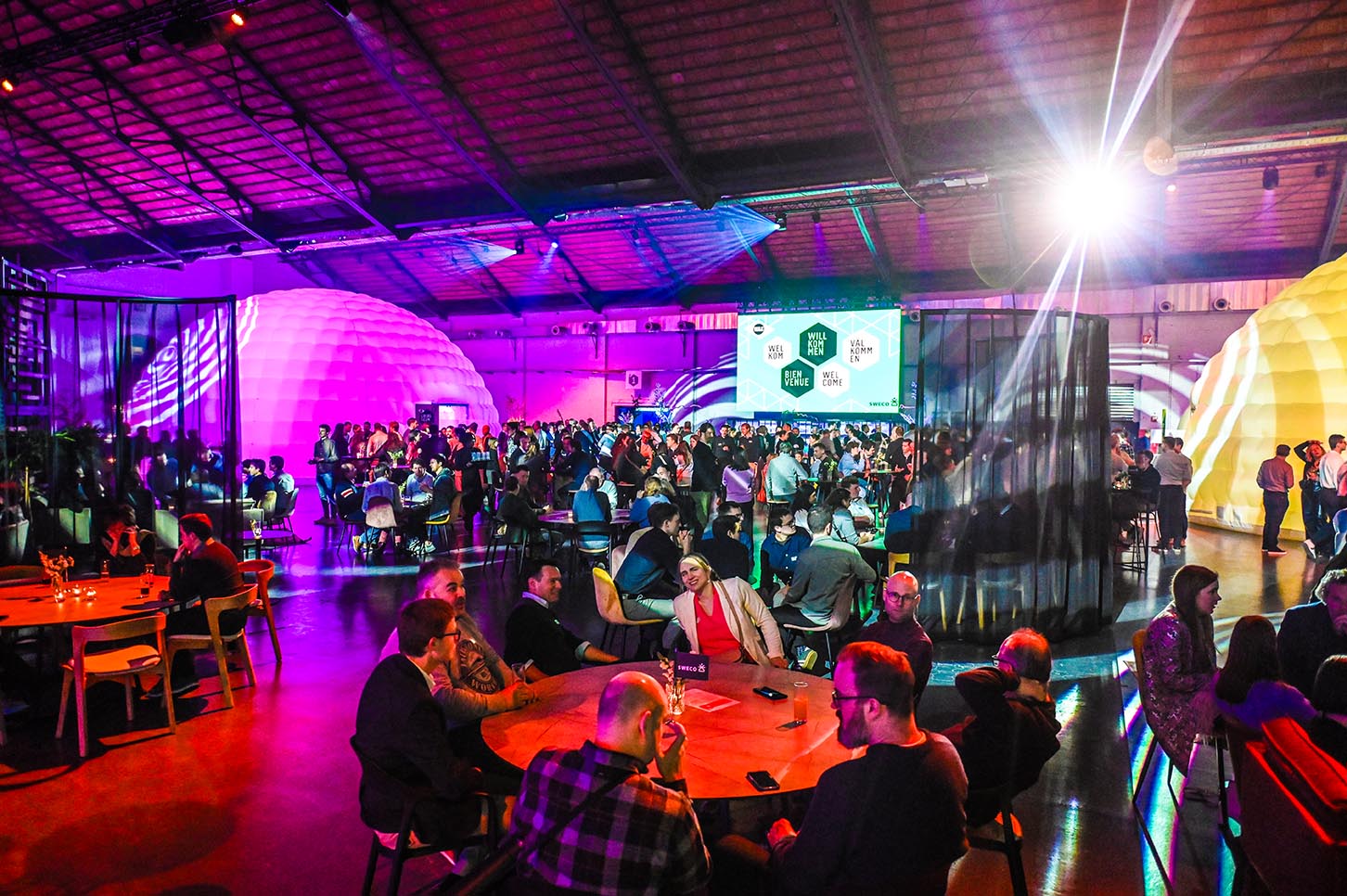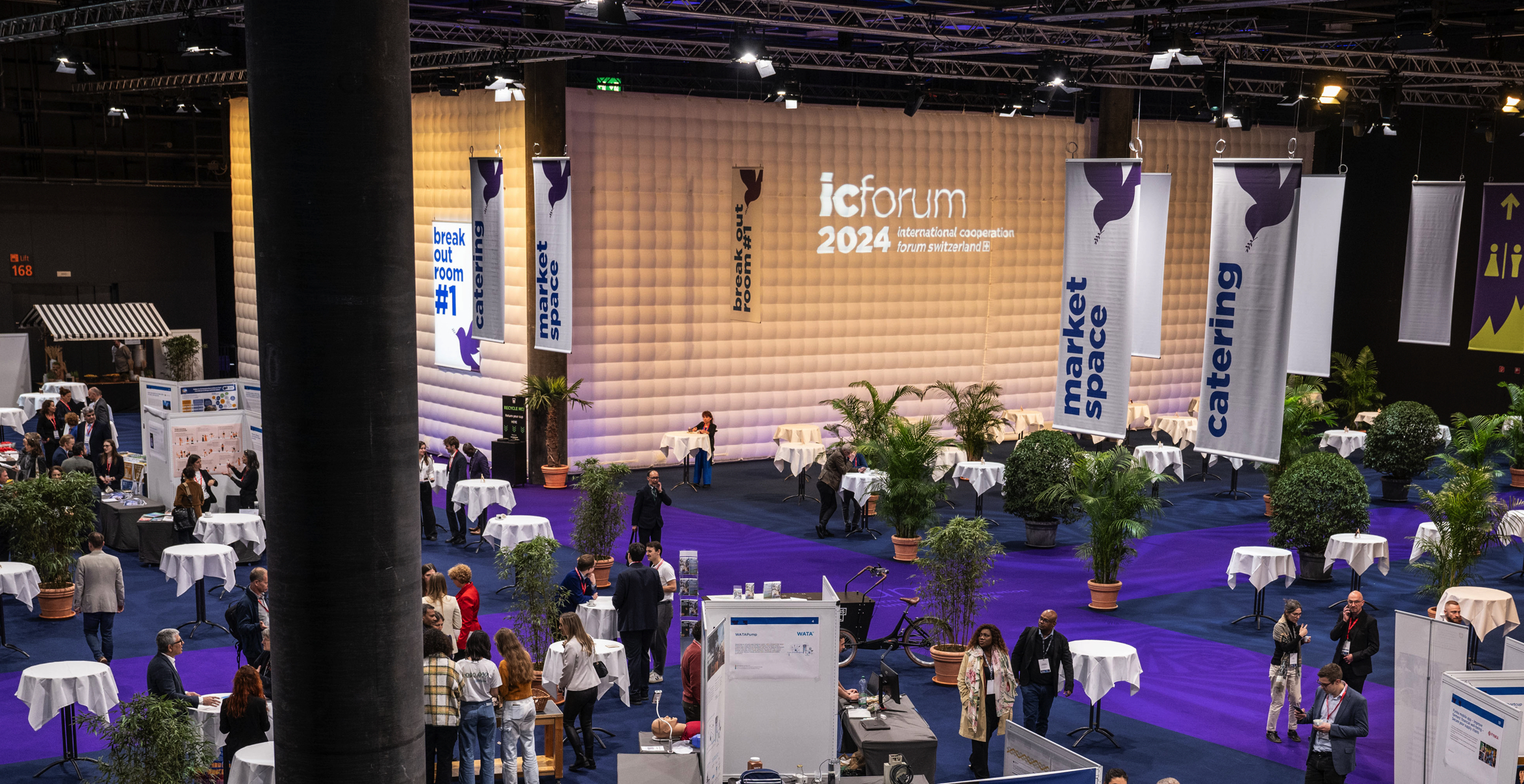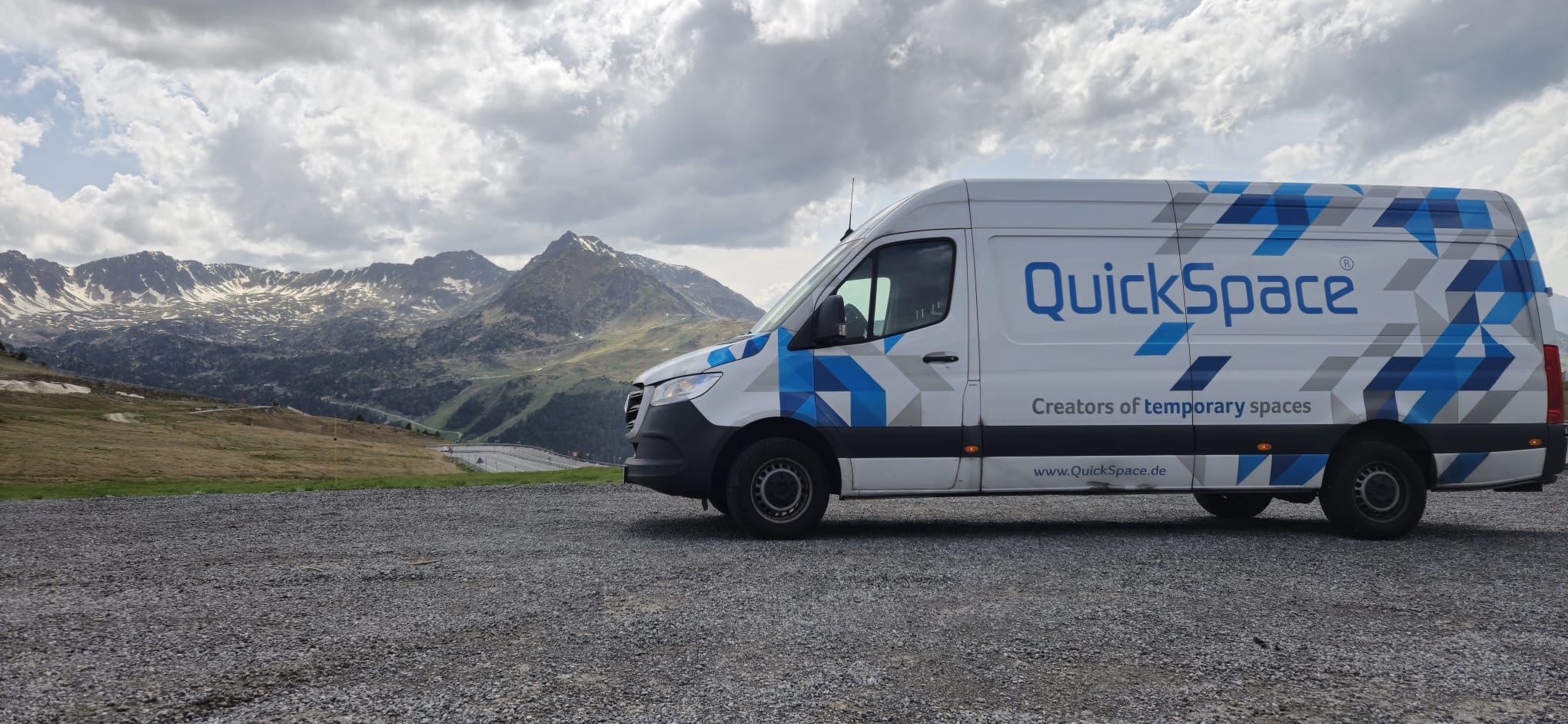AI & Technology: The silent revolution in the event industry
The silent revolution in the event industry



🌐 AI & Technology: The silent revolution in the event industry
An industry in digital flux
The event industry is in the midst of a digital revolution. Whereas a decade ago technology was used primarily as a tool - think online ticketing, presentations or livestreams - today it is the backbone of the entire event.
AI, sensor technology, data analytics, augmented reality (AR) and virtual reality (VR) are no longer optional, but essential to optimize event experience, logistics, safety and ROI.
This development is being accelerated by several trends:
- The growing demand for hyper-personalized experiences.
- Higher expectations of participants accustomed to real-time interaction from the digital world.
- Increasing competition among events, requiring organizers to differentiate themselves.
- New laws and regulations around data, AI and ethics that enforce safe and responsible use.
According to research platform WiFi Talents, 67% of event organizers now want to increase their investments in AI over the next two years. And this is not hype: the technology is already delivering tangible and measurable results.
🎯 Personalization: from one-size-fits-all to customization
One of the most visible applications of AI in the event industry is personalization.
Whereas visitors used to all receive the same information and programs, AI algorithms can now offer - based on registration data, previous attendance, social media profiles and even live interactions - personalized itineraries, content and networking opportunities.
👉 Example: Imagine an international conference with hundreds of sessions. An attendee with a background in sustainability and AI automatically receives recommendations for relevant panels, workshops and other attendees to meet via the event app. During the event, the app can even make live adjustments based on interests shown.
Gitnux research shows that 80% of attendees prefer events where content and networking opportunities are tailored to their profiles. This leads to:
- Higher engagement.
- Better rating scores afterwards.
- Increased likelihood of participants coming back for subsequent editions.
⚙️ Efficiency: automation by AI
For organizers, AI mainly means a huge relief from repetitive tasks.
Concrete applications are:
- Chatbots & virtual assistants answering questions 24/7 in multiple languages.
- Automatic check-in with QR codes, NFC or facial recognition.
- Content creation: AI generates social media posts, summaries and promotional materials.
- Planning & resource allocation: AI predicts staffing, catering and equipment needs.
According to Convene, AI automation not only saves time, but reduces errors by 30%.
🚦 Smart logistics & crowd management
Smooth visitor flow is crucial. AI can support this on multiple levels:
- Predictive peak scheduling.
- Real-time monitoring of visitor movements.
- Dynamic adjustments with push notifications or route changes.
👉 Case: During a large festival in Spain, the organization used AI to monitor crowds. Through push notifications, visitors were redirected to quieter areas, reducing wait times at bars by 40%.
🕶️ Immersive experience: AR, VR & emotion analytics
AI is also playing an increasing role on the front end, in the experience itself.
- AR navigation helps visitors find their way faster.
- Virtual networking environments create digital meeting places.
- Emotion analytics measures participants' reactions in real time.
👉 Case: At an automotive trade fair in Frankfurt, visitors could experience new automotive technologies via VR. AI-driven emotion analytics showed which innovations generated the most enthusiasm, giving the organization immediate insight into success factors.
📊 Real-time feedback & adaptive control
Traditionally, feedback was collected only after an event. With AI, organizers can now analyze live data and take immediate action.
- Sentiment analysis of social media.
- Live dashboards that measure satisfaction and behavior.
- Adaptive programs that adapt automatically.
According to Digital Defynd, this approach can increase participant satisfaction by 15-20%.
⚖️ Legal & ethical framework
The rapid rise of AI also brings challenges. Privacy, security and ethics are high on the agenda.
In Europe, work is underway on the AI Act, which sets stricter requirements for transparency, data use and risk management.
👉 Example: In 2025, a fuss arose in South Korea when deepfake images of a K-pop star were used for festival promotion - a wake-up call for the entire industry.
🏛️ QuickSpace: physical infrastructure for digital events
In a world where AI and technology are increasingly becoming the norm, the physical environment remains indispensable.
QuickSpace offers modular, durable structures perfectly suited to the digital revolution:
- Integration of sensors and smart technology.
- Dynamic ambience and lighting.
- Plug-and-play tech labs for innovation.
- Flexible scalability for any size event.
Thus, QuickSpace not only provides sustainable sub-spaces, but also the ideal platform where digital innovation and physical experience come together.
Also interesting
.webp)
Event trends 2026 | The complete guide to business events

3 Common Event Layout Mistakes & How to Fix Them!

Transport in the Event Industry: Reducing the Carbon Footprint
Contact

Call with
QuickSpace
